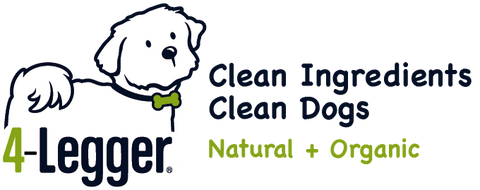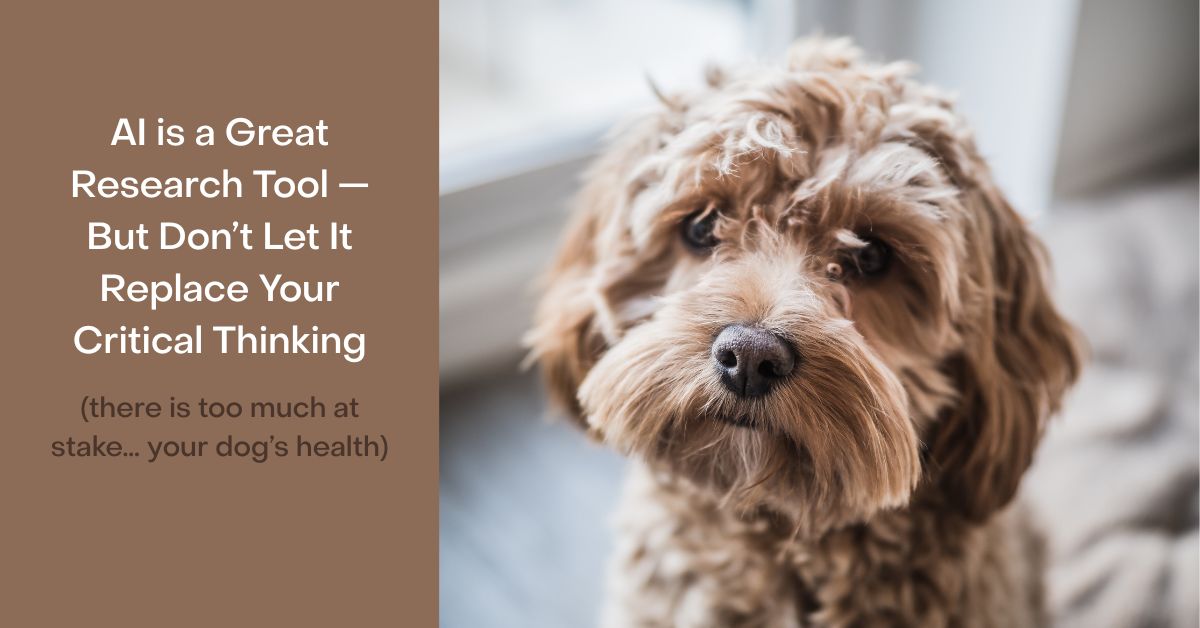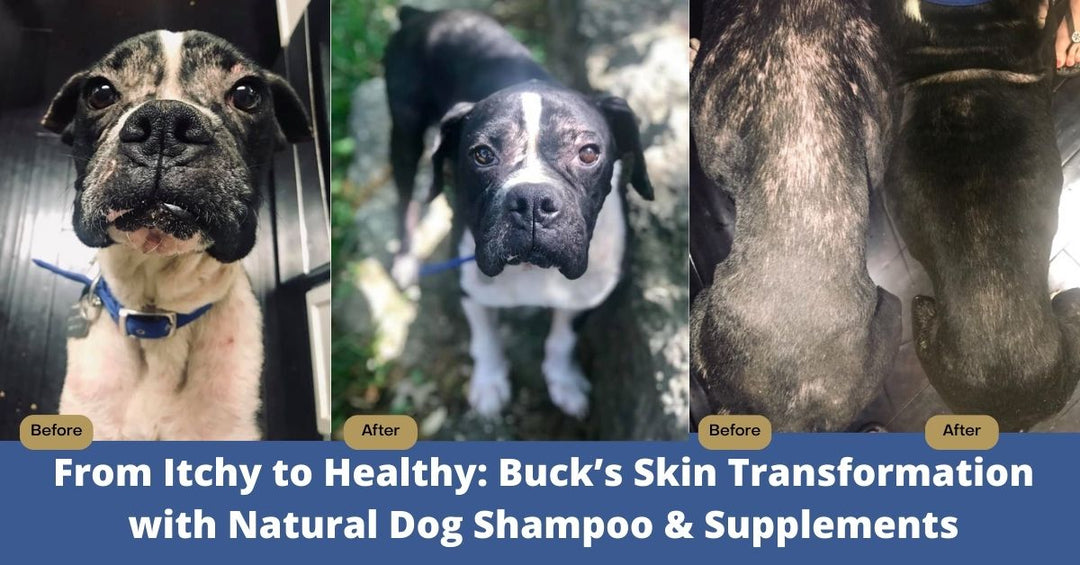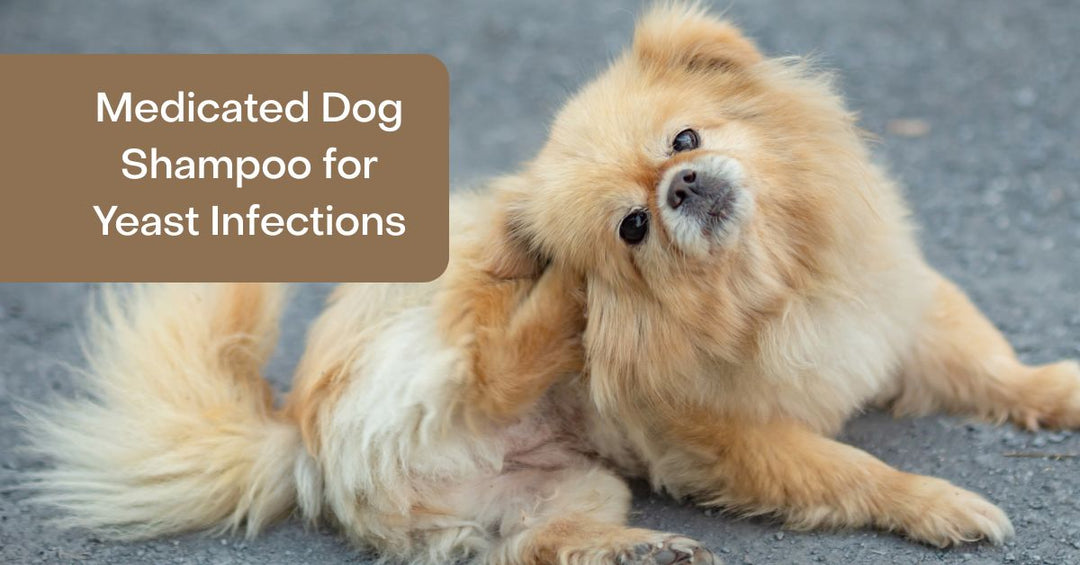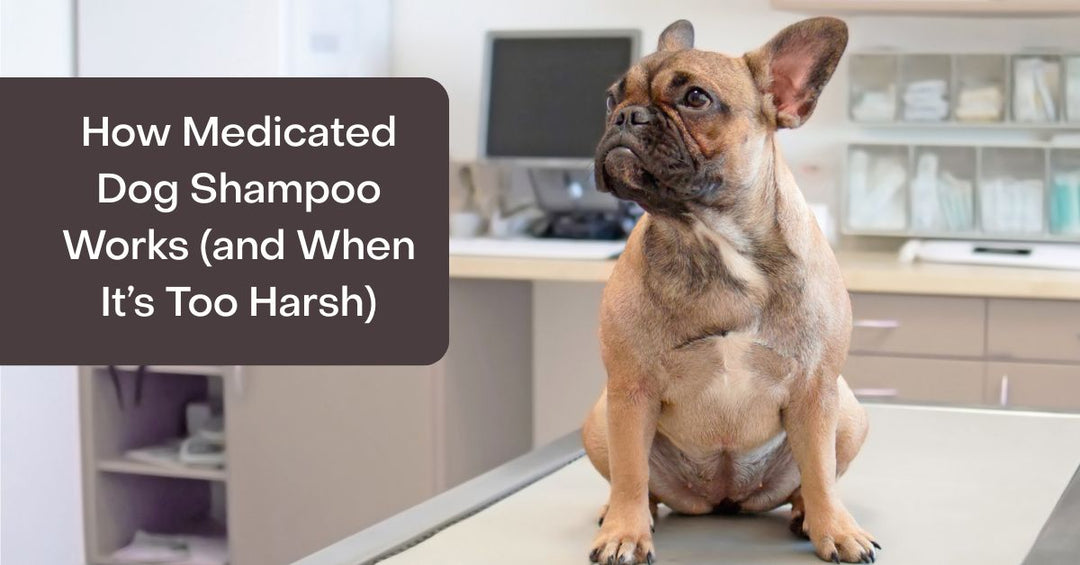Can You Trust AI When It Comes to Your Dog's Health?
AI (Artificial Intelligence) is a powerful research tool - but it should never a replacement for critical thinking, especially when it comes to your dog's health.
From ingredient research to product comparisons, AI tools like ChatGPT, Claude, Gemini, Microsoft Copilot, search engines, and more powered by AI can quickly give you information about pet products.
But here’s the big catch:
AI can be wrong and it is increasingly difficult to identify real from AI.
Recently, Dr. Judy Morgan, DVM - a trusted holistic veterinarian - warned her followers about an AI-generated scam. Fake videos circulated on TikTok showing her appearing to promote products she would never recommend. These videos were created using AI voice and video tools without her permission.

This is a wake-up call for all of us.
AI is useful - but it's only a starting point. You still need to validate everything you read, check trusted sources, and know how to spot misleading information.
How Can AI Help With Dog Product Research?
AI can be incredibly helpful for:
-
Summarizing ingredient profiles.
-
Explaining scientific studies in plain language.
-
Offering product comparisons.
-
Identifying pros and cons of certain ingredients but only if AI understands your preferences.
-
Generating questions for your vet.
- Generating questions for brands you are researching.
It's fast, accessible, and available 24/7.
But Here's Where AI Gets It Wrong
AI doesn't "know" facts. Nor can it distinguish between truth or fiction. Nor does it have a moral or ethical code. Nor does it know and understand your values. See how easily it can be wrong?
It pulls information from patterns in the data it's been trained on - and that can include marketing claims, outdated studies, or even misinformation. When it comes to dog products there is a LOT more mis-information than scientific fact that is being used to “teach” AI.
Why?
Because marketing claims lead the information and it is not based on fact. It is based on trying to get you, the consumer to buy a product.
It also needs to understand where YOU draw the line in the sand on what is safe and what isn't. So, if you don't want any synthetic ingredients in your dog's shampoo, you need to make that clear and why, or AI won't know to avoid those types of ingredients and may even tell you they aren't as bad as you think based on what it has found on the internet - generated by people who own the companies selling the toxic dog shampoo!
Real Examples of AI Giving Misleading Advice:
| Topic | Why AI Can Mislead You |
|---|---|
| Essential Oils | AI might say "safe for dogs" without clarifying proper dilution or specific toxicities. |
| Flea & Tick Products | AI may list products that have been recalled or linked to adverse reactions. Many popular flea collars have been linked to serious side effects and even lawsuits. AI doesn't know the context or ethical concerns. |
| Ingredient Safety |
AI may pull this from marketing language - not from verified scientific studies. AI might summarize marketing language instead of peer-reviewed science. |
| Veterinary Advice |
AI can't replace individualized advice from your veterinarian who knows your dog's health history. AI may pull the language "veterinary approved" from marketing language when a veterinarian has never used the product. |
| AI answers a question based on outdated data | AI databases are often behind real-time studies or recent recalls. |
Be Extra Careful With "Natural" Dog Shampoo Claims
The pet grooming industry is unregulated. Just because a product says natural or organic doesn't mean it meets any official standard.
AI Might Say:
"This shampoo contains coconut-based cleansers so it must be gentle and safe!"
But here's the truth:
-
Many synthetic detergents start from coconut oil - but after heavy chemical processing, the end product is far from "natural."
-
AI may not differentiate between USDA Certified Organic products vs. greenwashed marketing terms like "plant-based”.
-
Ingredients like "fragrance" can hide dozens of undisclosed chemicals - AI might miss that if the full ingredient list isn't transparent or available.
What Should You Do Instead?
Use AI as a Research Assistant - Not an Expert.
Here's How to Protect Yourself and Your Dog:
-
Look for brands with full ingredient transparency.
-
Check for USDA Certified Organic statements - this is the gold standard for ingredient purity and product integrity.
-
Cross-check claims with trusted sources:
-
Holistic veterinarians
-
Brands you trust
-
Reputable pet wellness organizations
-
-
Be cautious with TikTok, YouTube, and social media influencers - anyone's image or voice can be faked with AI.
-
When in doubt - trust your gut! You know what is the best for your dog!
Final Thoughts
AI is changing how we find information - fast.
But it also opens the door to scams, misleading claims, and fake content designed to trick pet parents in order to sell products.
Use AI tools to start your research - but always verify what you find. Look for trusted experts. Read labels. Ask questions. Double check everything and don't just trust what AI says!
Your dog depends on you to make smart, safe choices - and that starts with doing your homework.
